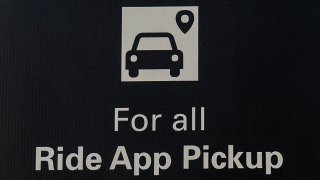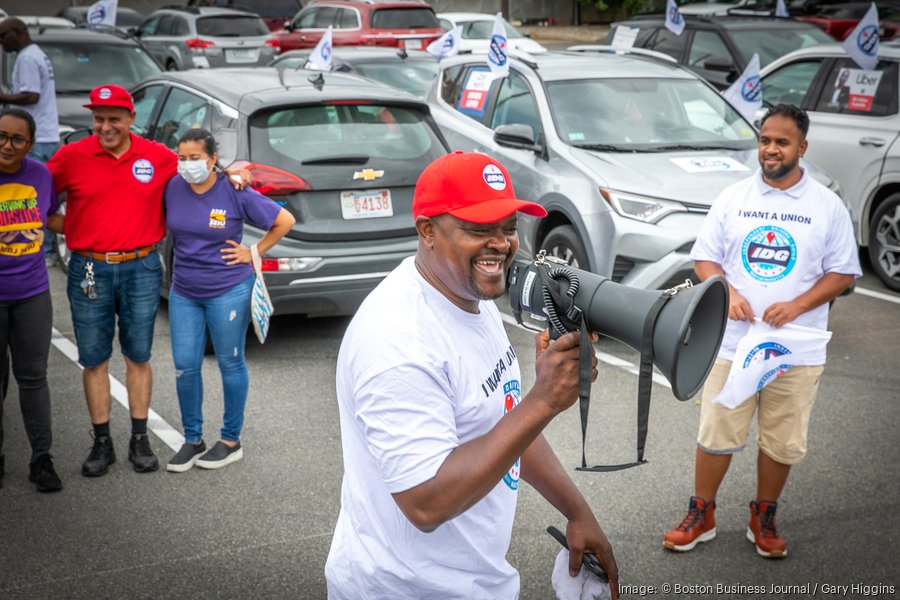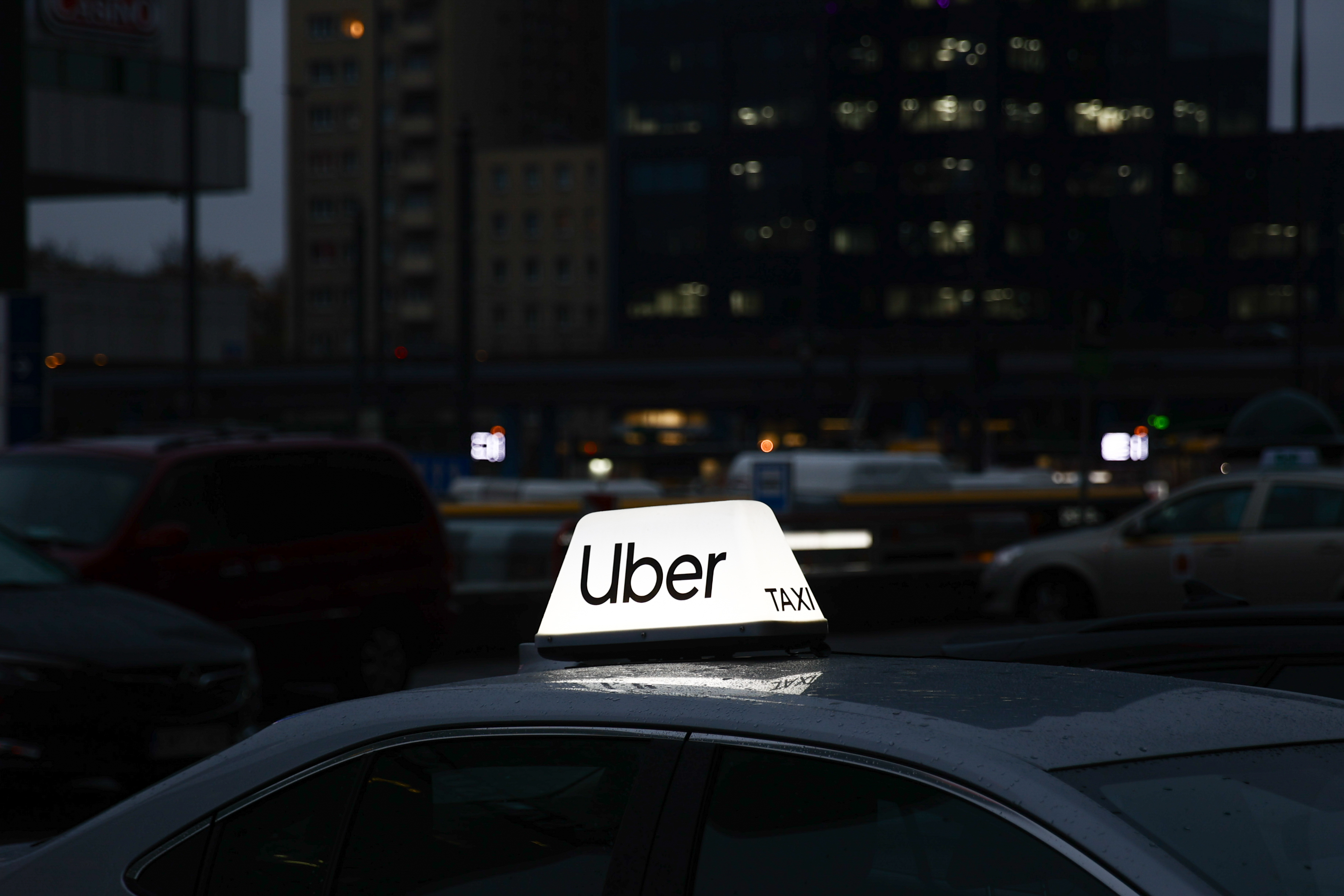
A pair of potential ballot questions reshaping the work landscape for app-based drivers will be permitted to advance, Massachusetts highest court ruled Thursday, clearing the way for voters to make landmark decisions with national implications.
The Supreme Judicial Court deemed eligible all five versions of an industry-backed measure seeking to define drivers as independent contractors, not employees, as well as a union-supported proposal allowing drivers to organize and collectively bargain.
WATCH ANYTIME FOR FREE
Stream NBC10 Boston news for free, 24/7, wherever you are. |
Companies backing the independent contractor measure have said, including during oral arguments before the court, they intend to submit only one draft of the question for the ballot. SJC judges in their opinion Thursday said they retain jurisdiction to withdraw their favorable ruling if the campaign winds up placing more than one question on the ballot.
Opponents of both questions challenged the attorney general's decision to certify them as ballot-ready, arguing that the proposals each improperly combined topics too different to be considered with a single yes or no vote.
Get updates on what's happening in Boston to your inbox. Sign up for our News Headlines newsletter.
But judges said each proposal appropriately takes aim at one interrelated matter, even if the material is dense and complicated. It's a different outcome than two years ago, when the court spiked an earlier draft of the independent contractor question.
The rulings tee up a pitched political battle that will unfold in the months to come. Uber, Lyft, DoorDash and Instacart appear primed to spend heavily on securing a change to state law their executives view as key to supporting their business models.
Judges on Thursday also ruled that the official title and one-sentence summary of another question that would eliminate the use of MCAS exams as a graduation requirement are not misleading, turning aside challenges filed by both sides of that debate.



